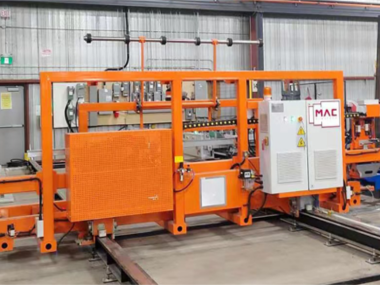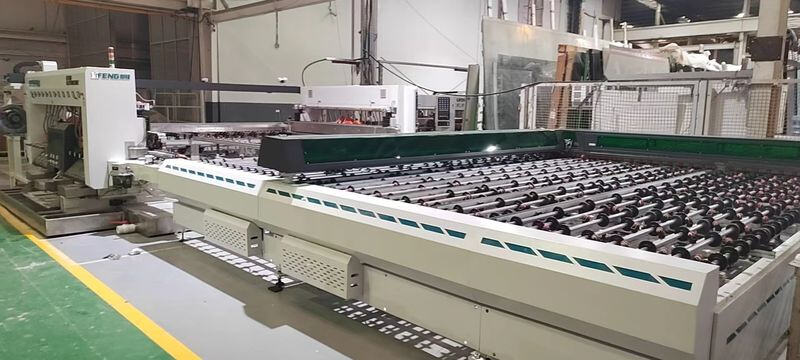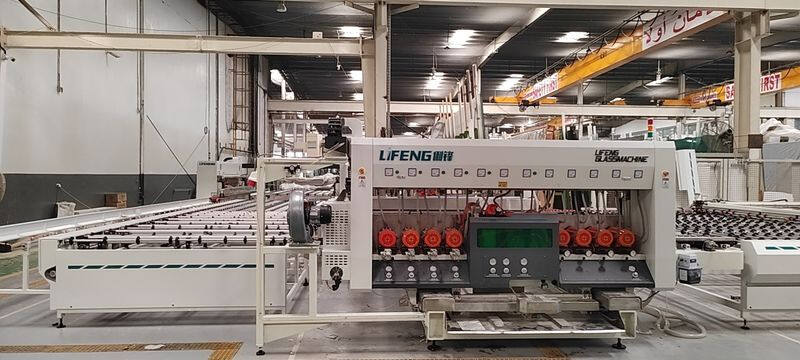flywheel grinding machine
A flywheel grinding machine is a specialized precision engineering tool designed for reconditioning and resurfacing flywheels in various automotive and industrial applications. This sophisticated equipment employs advanced grinding technology to restore flywheel surfaces to their original specifications, ensuring optimal performance and longevity. The machine features a powerful motor-driven grinding head that moves across the flywheel surface with precise control, removing material uniformly to achieve the desired surface finish. It incorporates automated feed systems and digital controls for maintaining exact tolerances and ensuring consistent results. The machine's robust construction includes a heavy-duty base that minimizes vibration, while its advanced spindle design ensures stable operation at various speeds. Modern flywheel grinding machines are equipped with digital measurement systems that provide real-time feedback on material removal rates and surface quality. They can handle flywheels of different sizes and weights, typically ranging from small automotive applications to large industrial equipment. The grinding process is essential for maintaining proper clutch engagement and ensuring smooth power transmission in various mechanical systems.


